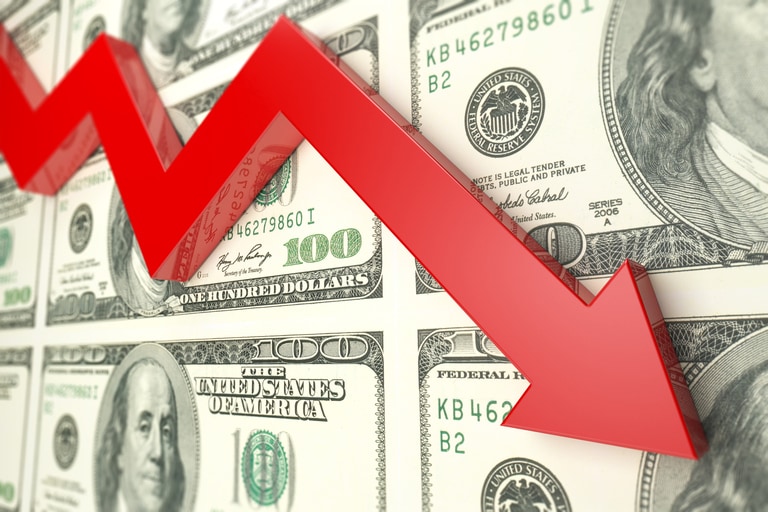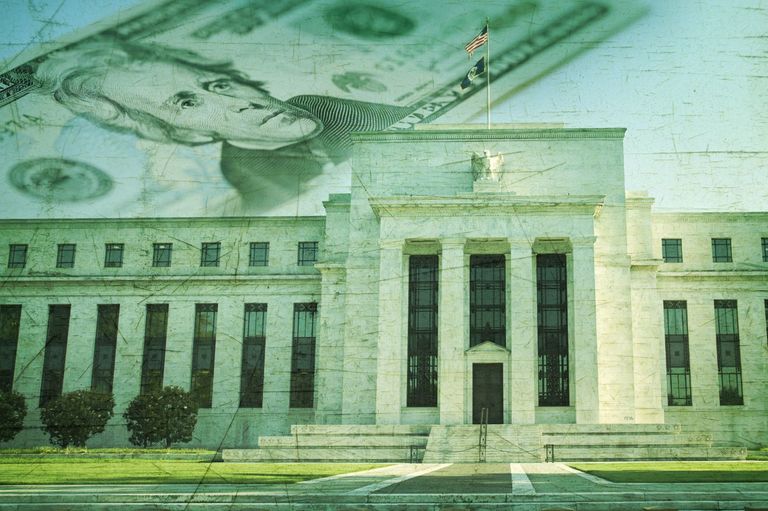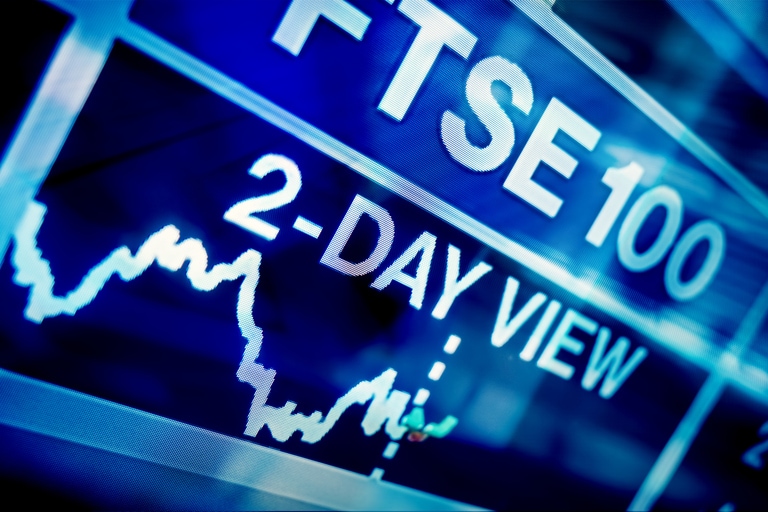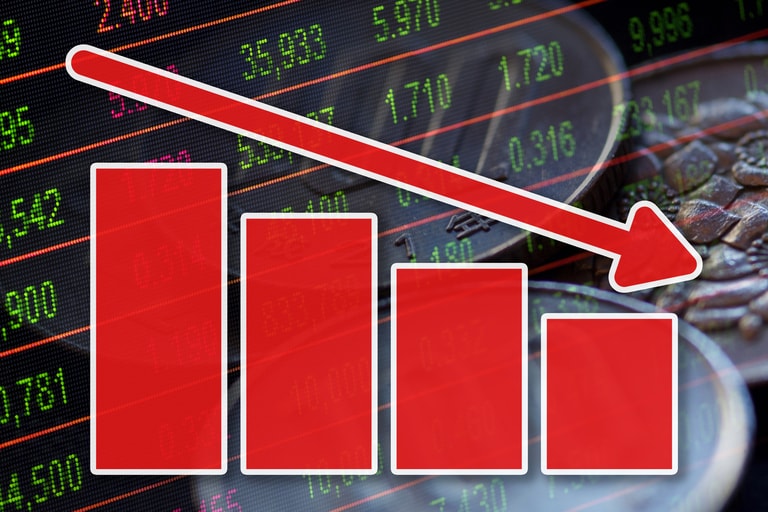The 2017 German elections take place against the backdrop of a European-wide economic recovery. Learn more about the trends of the political parties and their candidates below, and find out which party could potentially benefit from recent positive economic trends.
Union remains strongest party
Even though the conservative union between the Christian Democratic Union (CDU) and the Christian Social Union (CSU) has lost votes in recent surveys, it still has around 40% of all votes. That is 1.5% more than in 2013, and 16% more than the next biggest party, the Social Democratic Party (SPD).
Economic wealth, pensions and social cohesion are the big topics which will influence voting results for the union between the CDU and CSU. In fact, no other topic will influence the elections for the CDU more than immigration, and the party has overcome the lows it reached in the middle of the 2015 refugee crises.
German chancellor Angela Merkel will have to fight internal party battles, especially with the leader of its union partner, CSU, Horst Seehofer, who insists on having a cap on yearly immigration numbers, while Ms Merkel is against such a move. Tactically, Ms Merkel should probably look to play the immigration topic in a way which makes the right wing competing party, AfD, less competitive.
The CDU and CSU election campaigns focus on social cohesion, economic wealth and homeland security.
Volatile support ratings for the SPD
The Social Democratic Party’s approval ratings went on a rollercoaster ride in 2016, when Martin Schulz took over as the leader of the party. This brought an initial 12% gain in approval ratings, but proved to be short-lived. There have also been well-publicised scandals, such as business trips paid by taxpayers’ money that did not actually take place, plus the issue of over-paying employees, when Mr Schulz was still working for the EU in Brussels.
For a long time, Mr Schulz and the SPD have kept the details of their election programme a secret. However, we do now know that family policy, education and employment are the cornerstones of its election campaign. With respect to homeland security, the SPD focuses on ‘repression, prevention and an easy exit’, and wants to confront terrorism and extremism. In terms of its immigration policy, the SPD focuses on a pan-European allocation of refugees.
FDP: return to the Bundestag
After its highly disappointing election campaign of 2013, the liberal party FDP is back in the game. Back then it lost two thirds of its votes and for the first time in party history it missed its entry to the Bundestag. As it stands now, they would achieve almost 9% of all votes, which would be around 4% more than four years ago.
The uptrend in votes can be at least in part attributed to party leader, Christian Lindner. The 38-year-old is the youngest leader the party has ever had, and has already led the FDP successfully in the May 2017 elections in North Rhine-Westphalia. The party received 12.6% of the vote, which was the best-ever result in the German federal state. The 2017 German election could prove to be a significant comeback for the liberal party.
The FDP champions education, digitalisation and flexible working hours. Mr Lindner would like a return to the liberal values of the FDP. Topics of the future and a more modern immigration law are the cornerstone of the FDP election campaign.
Die Linke slides to fourth place
Die Linke could be the fourth biggest political party, with around 8.8% of the votes, which would be lower than its record 11.9% when the last Bundestag was elected four years ago.
Dietmar Bartsch and Sahra Wagenknecht are leading the election campaign. Ms Wagenknecht was a member of the European Parliament between 2004 and 2009 and has been a delegate in the Bundestag ever since. She has been chairman of Die Linke in the Bundestag, together with Mr Bartsch, since 2015. Notably, she has a very large number of followers through social media, with video viewer numbers in the millions. Mr Bartsch would like to see a left-wing government coalition between the SPD, Die Linke and the green party Die Grüne.
The core of the party’s election campaign covers poverty, income, taxation, rents, healthcare and immigration. Die Linke would like to legalise cannabis and wants to distance itself from the immigration policy of Chancellor Merkel.
Small losses likely for Die Grüne
The green party, Die Grü ne, has suffered small losses in the polls, with projections showing the party can expect around 8% of all votes, which is similar to four years ago. The party is led by Katrin Göring-Eckhardt and Cem Özdemir.
Ms Göring-Eckhardt led the last election campaign in 2013, together with Jürgen Trittin. She is known as being a conservative green politician, focusing on homeland, family policies and religion. Mr Özdemir clearly stands against using immigration caps and is against forming a coalition with Die Linke.
AfD will be a major opposition party
The AfD, which stands for ‘Alternative in Germany’, temporarily reached 14% of votes in surveys at the height of the 2015 refugee crises. That number would have clearly surpassed its 2013 election result of 4.7%.
A temporary spike in the election results of the SPD, a decreasing wish to vote for euro-sceptic parties in Europe and a decreasing number of refugees coming to Germany have put AfD’s approval ratings into a downtrend. They are currently expected to achieve around 7 or 8% of all votes.
Heightened market volatility is likely over the election period, which could result in widened spreads. We recommend that you monitor positions carefully, consider the use of appropriate risk management tools and maintain a sufficient account surplus throughout this period.
CMC Markets is an execution-only service provider. The material (whether or not it states any opinions) is for general information purposes only, and does not take into account your personal circumstances or objectives. Nothing in this material is (or should be considered to be) financial, investment or other advice on which reliance should be placed. No opinion given in the material constitutes a recommendation by CMC Markets or the author that any particular investment, security, transaction or investment strategy is suitable for any specific person.
Disclaimer: CMC Markets is an execution-only service provider. The material (whether or not it states any opinions) is for general information purposes only, and does not take into account your personal circumstances or objectives. Nothing in this material is (or should be considered to be) financial, investment or other advice on which reliance should be placed. No opinion given in the material constitutes a recommendation by CMC Markets or the author that any particular investment, security, transaction or investment strategy is suitable for any specific person. The material has not been prepared in accordance with legal requirements designed to promote the independence of investment research. Although we are not specifically prevented from dealing before providing this material, we do not seek to take advantage of the material prior to its dissemination.







